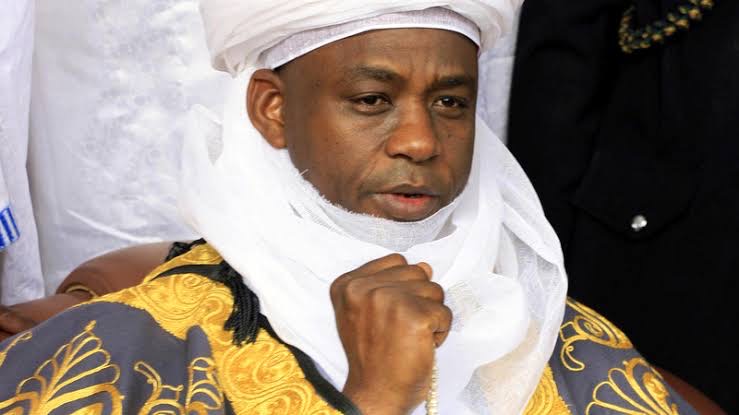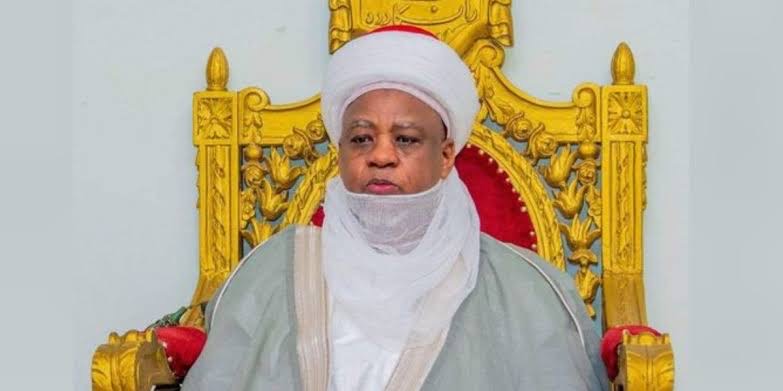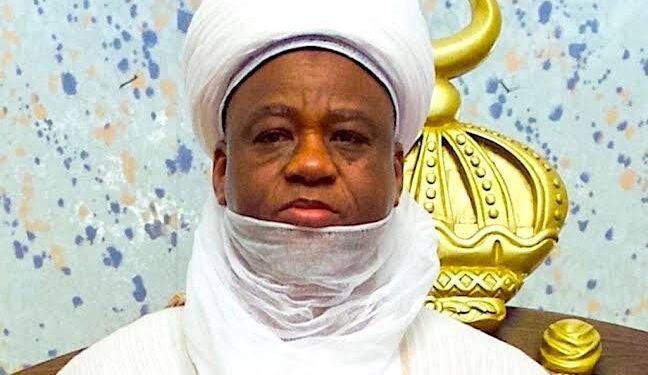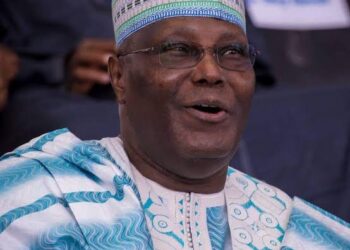The Council for Northern Muslim Youth Preachers has made a passionate call to Nigerians, emphasizing the critical importance of preserving the esteemed legacies of the Sokoto Sultanate. This plea was eloquently delivered by the council’s Chairman, Musa Yusuf, during a significant symposium held in Kaduna. The two-day event focused on the role of northern Ulamas in safeguarding the distinguished image of Sultan Sa’ad Abubakar III and upholding the sanctity of the caliphate.
Representatives from Islamic clerics across the 19 northern states congregated at this pivotal workshop, underscoring the widespread concern for the Sultan’s revered position. Chairman Musa Yusuf stressed that the Sultan serves as a pivotal figurehead representing the entire Muslim community in Nigeria. He cautioned against any actions or statements that might undermine the Sultan’s authority, warning that such actions could be perceived as direct affronts to the Muslim population.

In addition to calling for greater respect and preservation of the Sultan’s role, Yusuf also directed attention towards socio-economic challenges within Sokoto State. He urged the state government to prioritize improvements in education, healthcare, and economic opportunities for its citizens. His statement underscored the council’s broader mission of fostering unity and stability across Nigeria, advocating for collaborative efforts between government entities, traditional leaders, and religious figures.
Furthermore, Yusuf commended the Federal Government for its recent efforts to integrate traditional rulers into the national constitutional framework. This initiative, he noted, would provide a more defined role for these leaders in national governance and decision-making processes.

Abdulmutallib Ahmad, a respected cleric from Kano State, echoed Yusuf’s sentiments by emphasizing the need for traditional rulers to prioritize the welfare of their people over political influences. He urged political leaders to maintain a sense of piety and reverence for cultural and religious traditions, thereby fostering a harmonious relationship between governance and cultural heritage.
Aminu Aliyu, a preacher from Gusau, Zamfara State, added a historical perspective, highlighting the symbolic significance of the Sultanate as a living testament to the legacy of Usmanu Danfodiyo, the visionary founder of the caliphate. He emphasized that the title of Sultan, or “Sarkin Muslimi,” transcends geographical boundaries, symbolizing leadership and guidance for Muslims throughout Nigeria.
The symposium served as a platform for impassioned appeals and constructive dialogue aimed at fortifying the Sultan’s role and preserving the rich heritage of the Sokoto Sultanate. It underscored the collective responsibility of Nigerians, particularly the youth, in upholding the esteemed traditions and values that define their cultural and religious identities.





































